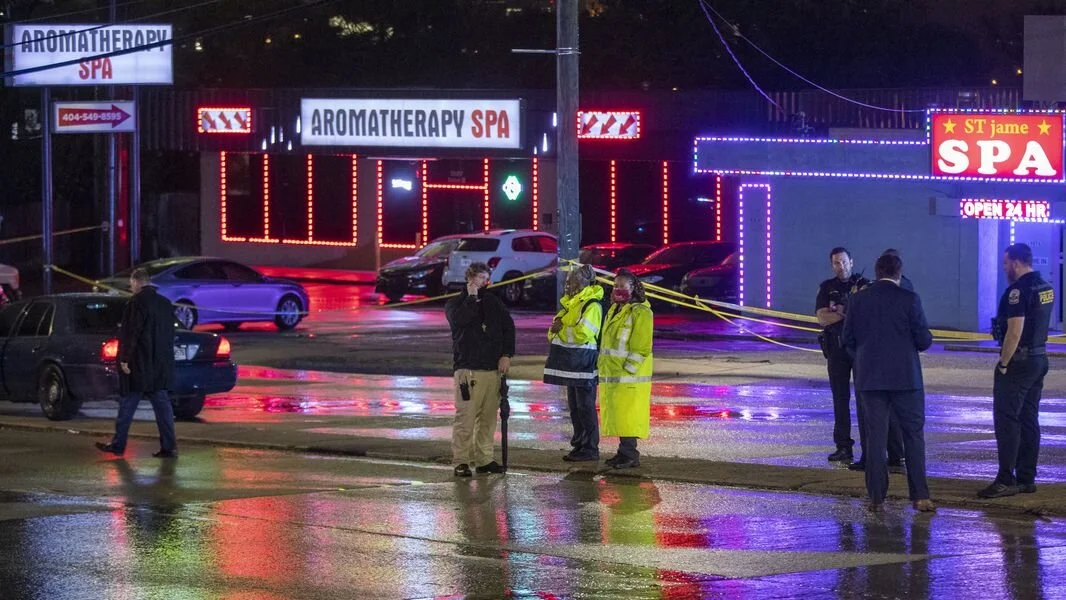The apparently racially-motivated spa murders in Atlanta have reignited discussion about hate-crime statutes. How do these laws work? How often are they applied, and to what ends?
Read More"Systemic racism" refers to systems that produce racially disparate outcomes regardless of the individual motivations, values, or personal qualities of the people working within them. The criminal justice system doesn't require individual police officers, lawyers or judges to hold racist views in order to structurally uphold white supremacy. But -- as the case of suspended Pennsylvania judge Mark Tranquilli vividly illustrates -- plenty of them do anyway.
Read MoreViral video of an encounter in NYC's Central Park shows a white woman calling 911 to report another park user is threatening her life, apparently trying to provoke a violent police response against the "African American man" who had simply asked her to leash her dog.
Read MoreThe elected chief prosecutor of St. Louis, a woman of color elected in 2016 on a reform platform, has faced intense pushback from the day she took office. Now Kim Gardner, the first African American to serve in the post, is suing the city and its police union under a federal law passed during Reconstruction to combat white supremacist vigilantism. Progressive prosecutors elected in other cities are rallying around Gardner, but can the suit succeed?
Read MoreHere we are again: amid a worsening climate of white supremacist violence and right-wing terrorism, two more horrific mass shootings. How long are we going to keep doing this?
Read MoreRacial reconciliation – an attempt to speak plainly about racial strife between police and citizens of color – is a necessary step toward comprehensive police reform. It’s important, and no doubt difficult – but what does it actually look and feel like on the ground?
Aseante Hylick builds these conversations across the U.S.
Read More





